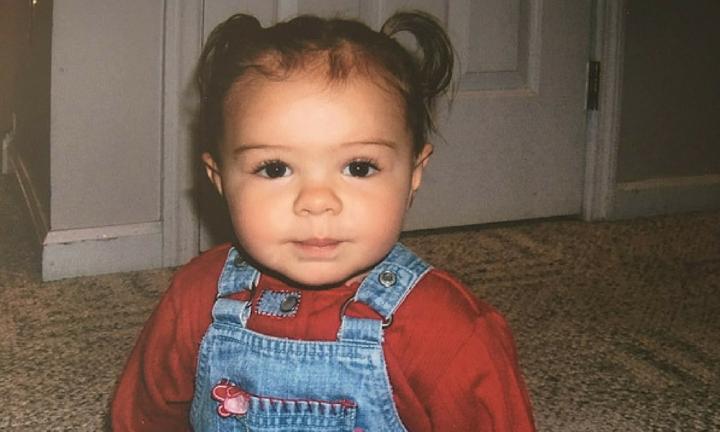Could you imagine having your newborn taken from you by someone you trusted and never being able to get her back? It’s a frightening legal possibility in cases of children born through surrogacy.
The nightmare scenario
Barbra and David from Pennsylvania shared their story with People magazine earlier this year.
The couple already had three children but did not feel their family was complete. Due to fertility problems they sought out the help of a surrogate and after a long and strenuous selection process they finally found a woman named Jamie who met all of their requirements.
22-year-old Jamie was eager to help them. She told the couple that she and her own husband Steven weren’t ready to have a child of their own yet as they were saving for a house deposit.
Barbra and David gave the couple a 38-page contract to look at and within three weeks it was signed and notorised and Barbra gave Jamie a $15,000 surrogacy fee.
Warning signs
Barbra said that the second Jamie fell pregnant using her own egg and David’s sperm; she began to “act off,” becoming secretive and dodging their calls. By the time Jamie was three months pregnant, she stopped talking to Barbara and David altogether.
The couple sought out legal advice and were told to fulfil every part of their end of the contract agreement so that it couldn’t be used against them if the case ended up in court. So Barbra and David followed the advice and kept buying prenatal vitamins and clothes for the woman carrying their child.
But when their baby was born in 2009 they didn’t even receive a phone call telling them about the birth. Jamie took home the baby, who she named Kaylee and ever since, Barbra and David have been waged in a legal battle to get her back.

The picture of Kaylee that Barbra and David shared with People.
“When we first went to court, the judge said she didn’t know what do with the contract. We were told we can’t make a contract on a human life,” Barbara told People.
After spending almost $90,000 on legal fees they were awarded a shared custody agreement to their daughter allowing them to spend two weekends a month with her. David and Jamie share the legal custody which means that Barbra and David must pay her $459 a month in child support.
Barbra says Kaylee, now seven, cries when she has to leave after a visit because she wants to stay with them.
Australian Surrogacy basics
Australian laws differ from state to state and there are a number of strict regulations and requirements that must be met before entering a surrogacy agreement.
The only legal form of surrogacy allowed in Australia is altruistic surrogacy. This means that someone is volunteering to be a surrogate for someone else without expecting any form of material reward in return with the exception of ‘reasonable’ medical expenses.
People entering into these agreements is relatively rare with only 36 live births from altruistic surrogates recorded in 2013. Methods like egg donation, and sperm donation are a more common path to parenthood for those struggling to conceive.
When the surrogate gives birth she is legally considered to be the child’s mother until she transfers those legal rights to the intended parents.
The fear
In 2012 The Australian Institute of Family Studies published a study that surveyed 217 parents who had either had children through surrogacy or considered it. Nearly half of the respondents said that they did not even consider the possibility of uncompensated surrogacy due to the concern that the surrogate may not give up the baby after birth.
Because of that fear and the difficulty in finding willing volunteers for an altruistic surrogacy, more and more families are entering into commercial surrogacy agreements overseas, despite the fact that this is illegal in a number of Australian states. According to the Department of Immigration 243 babies were granted Australian citizenship last year after being born through surrogacy overseas.
These agreements are illegal in many Australian states and could even result in a jail term, but many hopeful parents feel more secure that the surrogate in these situations will sign over parental rights due to the compensation that they’ve been given.
So how does it work here?
Studies have found that situations where surrogates don’t relinquish their parental rights are extremely rare but it is a definite legal possibility.
The process of becoming a legally recognised parent to a child born out of surrogacy also differs from state to state in Australia, but generally if a parent satisfies all the legal requirements parentage can be transferred from the surrogate to the intended parents through a ‘parentage order.’
However, surrogacy agreements are not generally enforceable and this means if the rare situation of a surrogate refusing to hand over a baby did occur the parents would have to apply for a parenting order through the Family Court.
















